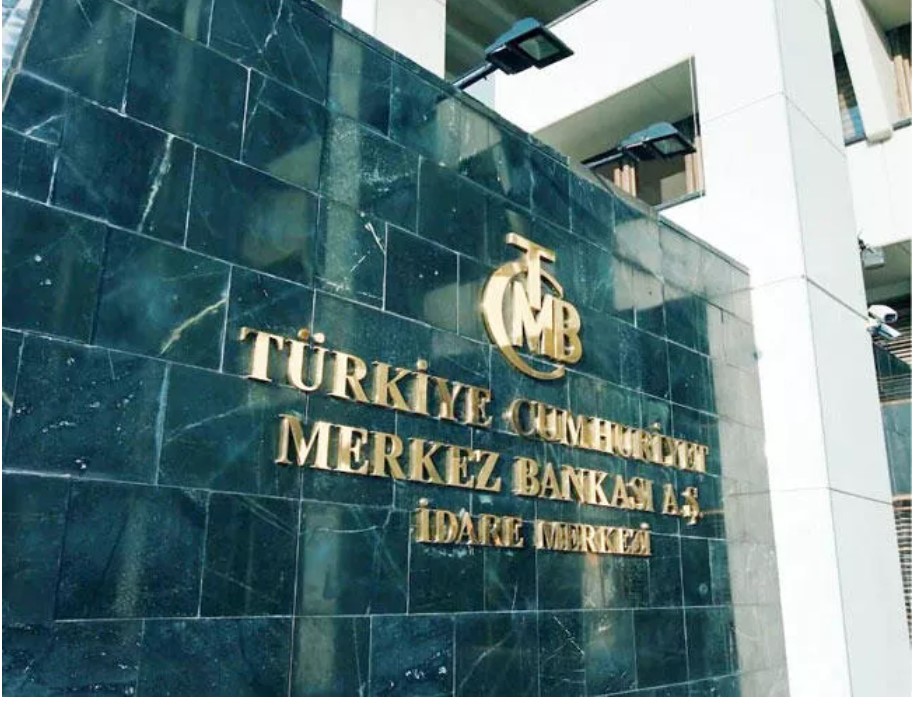As inflation is soaring in Türkiye, the central bank’s decision to halt monetary tightening is called into question while policymakers ask for patience, saying prices will drop this year.
Official data released on March 4 showed Türkiye’s annual inflation rate climbed to 67.07 percent in February, exceeding market expectations, amid substantial rises in prices of food items ahead of the Muslim holy month of Ramadan.
The strong figures fuel concerns that Türkiye’s central bank, which indicated in January that its months-long rate-hiking cycle was over, may have to return to tightening.
Following a policy reversal in mid-2023, the bank has hiked interest rates by 3,650 basis points. It said the current 45 percent policy rate is sufficient to bring inflation down.
Some economists and banks have expressed a growing prospect of more policy steps to cool inflation after municipal elections on March 31, given the price pressure and strong domestic demand.
It could lead to additional economic hardships for citizens grappling with soaring prices.
Senol Babuscu, professor of finance from Ankara’s Baskent University, said the bank’s rate hike policy was too sluggish at the beginning to curb the runaway inflation.
“Rates should be hiked by thousands of basis points at the start of the cycle, like a shock treatment; they remained insufficient to fight high inflation,” he told Xinhua.
In his view, the bank will have to hike rates following local elections by “at least 500 basis points” in April to try to reach its forecasts.
The central bank, which has maintained its year-end inflation forecast at 36 percent, has not shut the door to tightening “in case of a significant and persistent deterioration in the inflation outlook.”
Rates were kept unchanged at the bank’s last meeting in late February.
Babuscu said the year-end inflation target will not be met. “I expect at least 50 percent inflation at the end of the year,” the analyst said.
He argued that the Ankara government may have to call in an International Monetary Fund-supported economic adjustment program to address financial woes.
Like Babuscu, leading U.S. bank JPMorgan said last week that it expects the Turkish central bank to raise its key policy rate by 500 basis points to 50 percent in April due to the price pressure and strong domestic demand.
Mustafa Sonmez, a Turkish economist and writer, also stressed that the central bank may need to address surging inflation with new interest rates.
“The bank will possibly decide on a fresh rate increase after the (municipal) elections,” he told Xinhua, stressing that a belated rate hike will only exacerbate the stubborn inflation and that backdoor measures won’t work.
He referred to two separate announcements by the central bank last week. The monetary institution said it would use alternative policy-tightening measures, such as reducing the monthly growth limit on local-currency loans.
Türkiye’s Treasury and Finance Minister Mehmet Simsek acknowledged high inflation data but said, “The central bank considers that it has made sufficient tightening.”
“We have to be patient and committed going forward,” Simsek said on the weekend, adding the government’s disinflation strategy is still in the early stages. “Achieving price stability takes time,” the minister stressed.
On the other hand, some experts have argued that Türkiye’s President Recep Tayyip Erdogan may return to his former loose monetary policy following the elections in which his ruling party seeks to reclaim big cities from the opposition.
Long opposed to rate increases, the Turkish leader appointed a new economic team after his reelection last year amid a deepening cost-of-living crisis, which led to a policy overhaul and monetary tightening.
“A first-rate cut might intervene before the autumn. The central bank will not oppose the president’s monetary vision,” Emre Alkin, an Istanbul-based economist and scholar, argued in his blog.
Meanwhile, on the back of economic anxiety, the Turkish currency on Monday hit an all-time low of 32 liras against the U.S. dollar.
The Turkish lira declined almost 8 percent this year, following a 37 percent decline in 2023. The weakening currency amplifies huge import costs, further fueling inflation in Türkiye.
by Burak Akinci
english.news.cn
